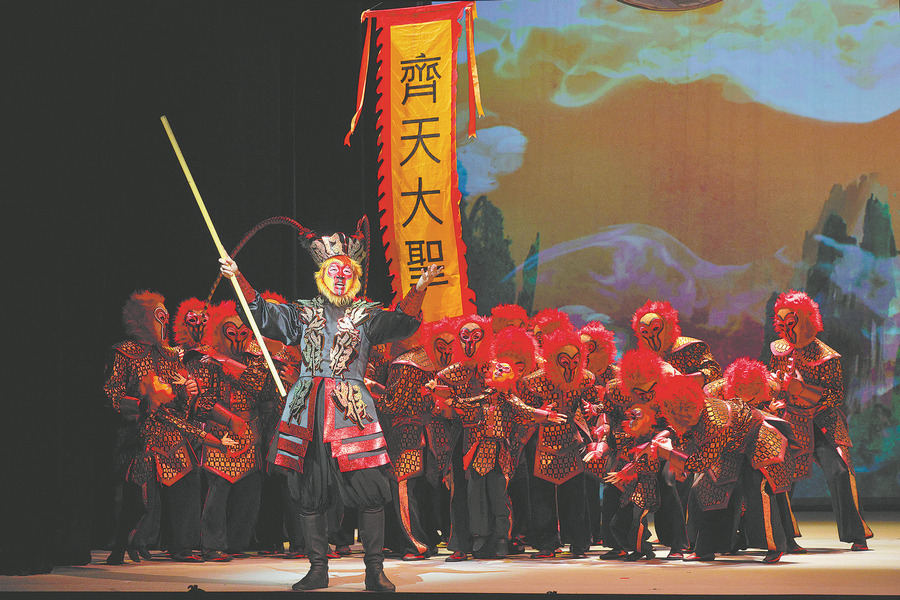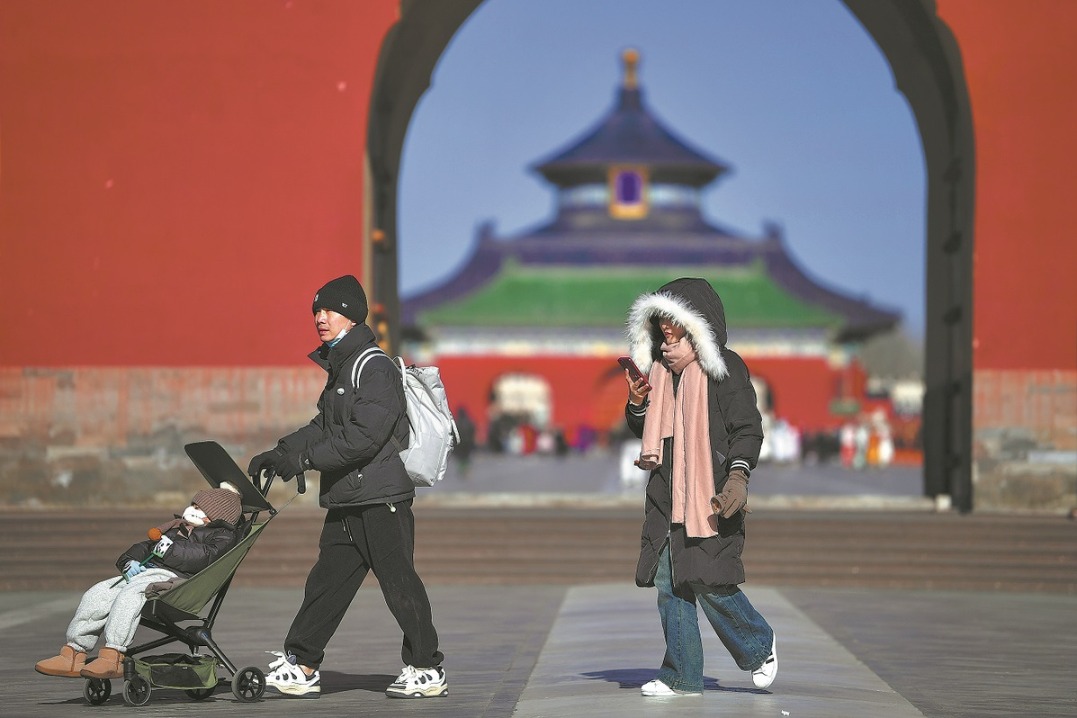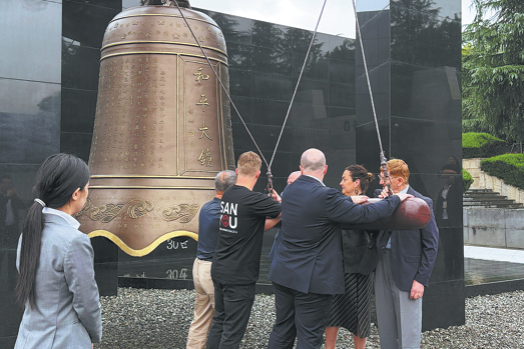Ishiba's offer of sacrifice to controversial shrine a 'disappointment'
By Jiang Xueqing in Tokyo | chinadaily.com.cn | Updated: 2024-10-17 15:23

Japanese Prime Minister Shigeru Ishiba made a ritual "masakaki" tree offering to the war-linked Yasukuni Shrine in Tokyo on Thursday, marking the start of its autumn festival.
Ishiba followed the precedent set by his recent predecessors. A source close to him indicated that as the three-day festival continues through Saturday, Ishiba is not expected to visit the shrine in person, Kyodo News reported.
In response to Ishiba's offering, South Korea expressed "deep disappointment and regret". An ROK Foreign Ministry spokesperson criticized Yasukuni Shrine for glorifying Japan's past aggression and for enshrining war criminals.
In a statement, the spokesperson urged the responsible leaders of Japan's new Cabinet to squarely face history and show they have humbly reflected and genuinely repented for the past through their actions, stressing that such steps are crucial for building future-oriented trust.
Meanwhile, Japan's former economic security minister, Sanae Takaichi, a prominent conservative in the ruling Liberal Democratic Party, visited the shrine on Thursday and made a personal monetary offering. Takaichi was defeated by Ishiba in last month's LDP leadership election.
"Ishiba may be preferable to Takaichi, but he has served as minister of defense and is fundamentally aligned with the right-wing, pro-military faction of the Liberal Democratic Party," said Kumiko Haba, professor emeritus at Aoyama Gakuin University.
While Ishiba may show more caution in moving swiftly towards constitutional revision than former prime minister Shinzo Abe or Fumio Kishida, Haba noted that he is still likely to pursue the explicit inclusion of the Self-Defense Forces in Article 9 of Japan's Constitution and to advocate for increased military spending.
Ishiba is often regarded as a defense policy enthusiast and has deep knowledge in this area. During the LDP leadership race, he emphasized his commitment to protecting Japan and enhancing its defense capabilities, a stance that suggests he will continue to push for strengthening Japan's military, according to Noriyuki Kawamura, professor emeritus at Nagoya University of Foreign Studies.
























